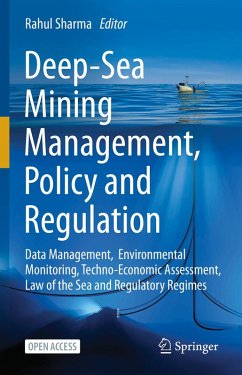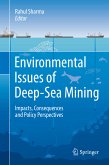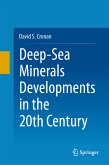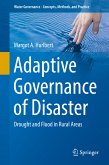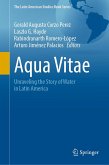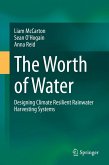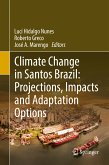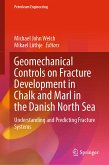Interest in mining the seafloor deposits as potential source of critical metals has been enhanced in the current century owing to the rising population and consumer demands, as well as the fact that these minerals contain battery metals such as Co, Ni, Mn besides copper that can help transition to green energy alternatives. However, concerns over ecological impacts on marine ecosystems and those related to economic, social and cultural implications need to be addressed for ensuring sustainable mining of seabed mineral resources.
With this in view, this fifth book in the series of 'Deep-sea Mining', focusses on issues related to management, policy and regulation. The book is divided into the following five sections:
I - General issues on resource potential and future prospects
II - Resource and environmental data management
III - Approaches towards environmental monitoring
IV - Techno-economic considerations for commercial deep-sea mining
V - Implementation of Law of the sea and Establishment of Mining code
Chapters in this volume have been contributed by experts having decades of experience in their respective fields with an aim to provide key insights towards operationalisation of different aspects of deep-sea mining. This information is expected to serve as reference material for all stake holders including researchers, contractors, mining companies, regulators as well as NGOs involved in deep-sea mining and marine environmental conservation.
Dieser Download kann aus rechtlichen Gründen nur mit Rechnungsadresse in A, B, BG, CY, CZ, D, DK, EW, E, FIN, F, GR, HR, H, IRL, I, LT, L, LR, M, NL, PL, P, R, S, SLO, SK ausgeliefert werden.

